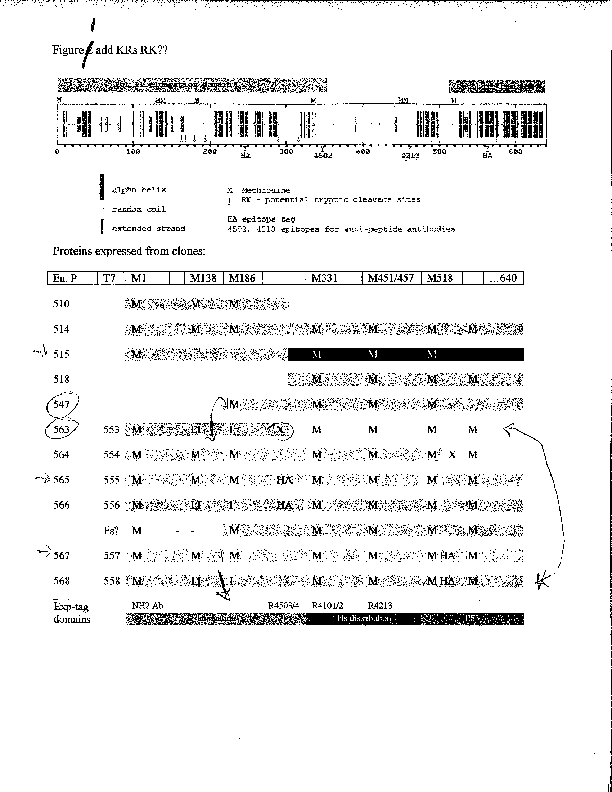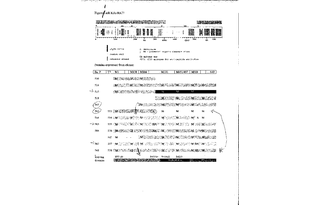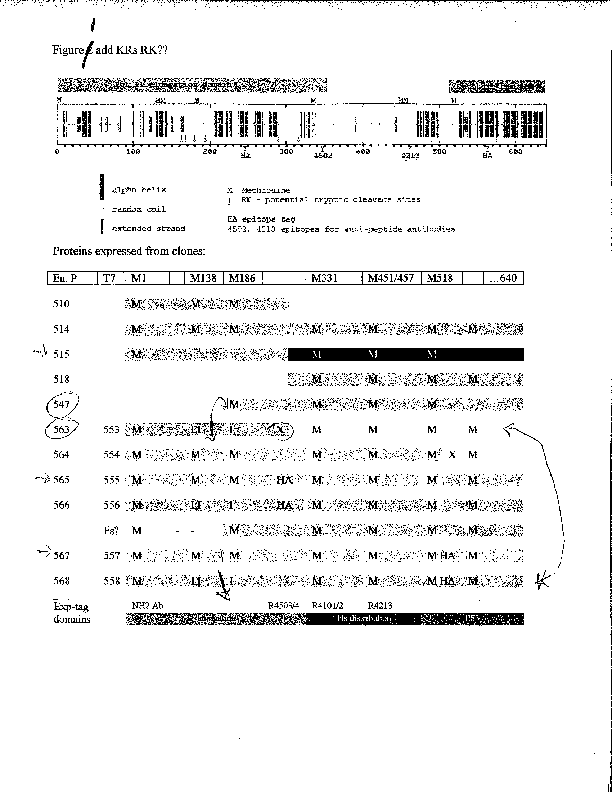Full human ELL2
(Plasmid
#127253)
-
PurposeExpresses full-length human ELL2 in mammalian cells
-
Depositing Lab
-
Sequence Information
Ordering
| Item | Catalog # | Description | Quantity | Price (USD) | |
|---|---|---|---|---|---|
| Plasmid | 127253 | Standard format: Plasmid sent in bacteria as agar stab | 1 | $85 | |
Backbone
-
Vector backbonepEF4B
-
Backbone manufacturerInvitrogen
- Backbone size w/o insert (bp) 5800
-
Vector typeMammalian Expression ; Other
-
Selectable markersZeocin
Growth in Bacteria
-
Bacterial Resistance(s)Ampicillin, 100 μg/mL
-
Growth Temperature37°C
-
Growth Strain(s)DH5alpha
-
Copy numberUnknown
Gene/Insert
-
Gene/Insert nameELL2
-
Alt nameCM514
-
Alt nameIMAGE Clone4822236
-
SpeciesH. sapiens (human)
-
Insert Size (bp)1900
-
Entrez GeneELL2 (a.k.a. MRCCAT1)
- Promoter pEF1a
-
Tag
/ Fusion Protein
- His6X (N terminal on insert)
Cloning Information
- Cloning method Restriction Enzyme
- 5′ cloning site EcoRV (destroyed during cloning)
- 3′ cloning site XbaI (not destroyed)
- 5′ sequencing primer T7 (Common Sequencing Primers)
Resource Information
-
A portion of this plasmid was derived from a plasmid made byIMAGE Clone4822236
Terms and Licenses
-
Academic/Nonprofit Terms
-
Industry Terms
- Not Available to Industry
Trademarks:
- Zeocin® is an InvivoGen trademark.
Depositor Comments
6aa bw His tag and AUG of ELL2 in frame, unstable in 293T
These plasmids were created by your colleagues. Please acknowledge the Principal Investigator, cite the article in which the plasmids were described, and include Addgene in the Materials and Methods of your future publications.
-
For your Materials & Methods section:
Full human ELL2 was a gift from Christine Milcarek (Addgene plasmid # 127253 ; http://n2t.net/addgene:127253 ; RRID:Addgene_127253) -
For your References section:
Transcription elongation factor ELL2 directs immunoglobulin secretion in plasma cells by stimulating altered RNA processing. Martincic K, Alkan SA, Cheatle A, Borghesi L, Milcarek C. Nat Immunol. 2009 Oct;10(10):1102-9. doi: 10.1038/ni.1786. Epub 2009 Sep 13. 10.1038/ni.1786 PubMed 19749764





